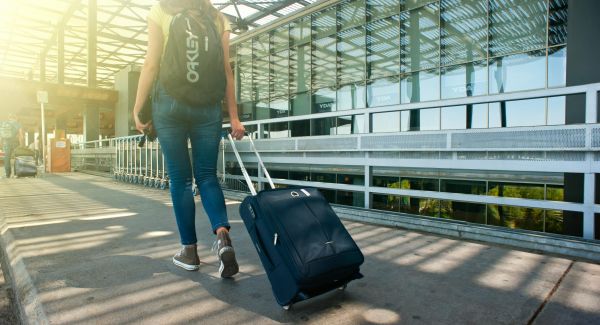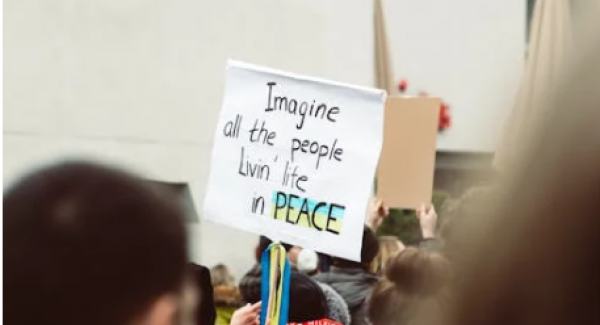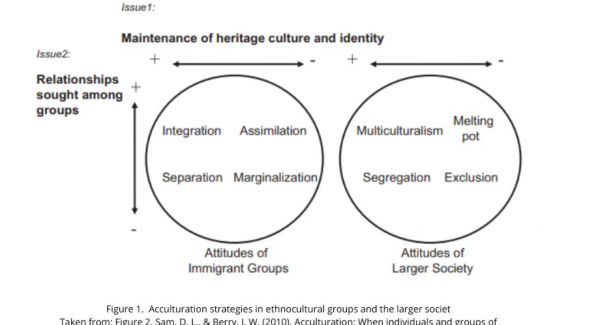Articles

27 June, 2024
SeHeMe: Empowering Young Migrants to Share Their Stories (Part 2)
By Sabnam Bhandari and Elia Psara from RESET

12 June, 2024
Empowering Young Migrants to Share Their Stories (Part 1)
By Sabnam Bhandari and Elia Psara from RESET

27 May, 2024
The new EU Pact on Migration and Asylum
By Anabela Mateus and Ana Cunha from Lusófona University

17 May, 2024
What the Portuguese authorities have implemented to welcome refugees from the war in Ukraine
By Anabela Mateus and Ana Cunha from Lusófona University

22 April, 2024
The new European migration pact: a positive change or just a pre-election campaign?
By Max Rapa from DEFOIN

